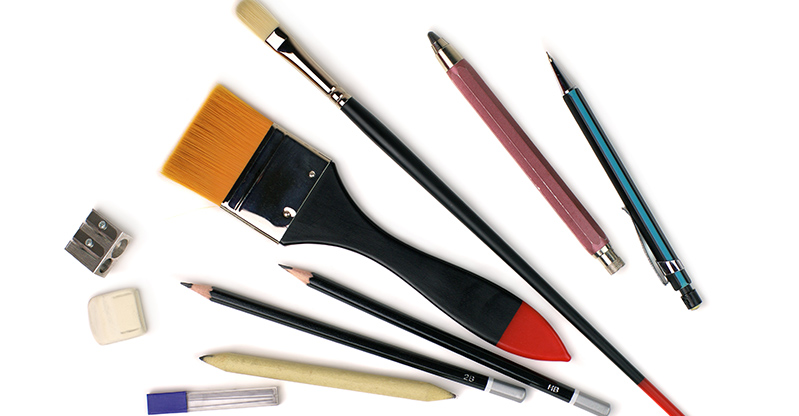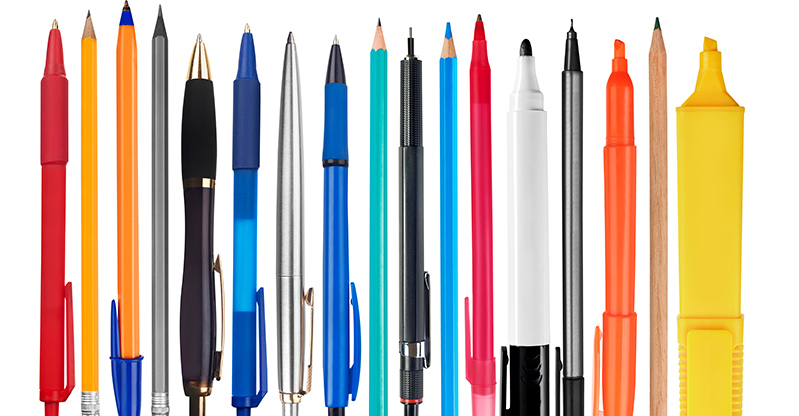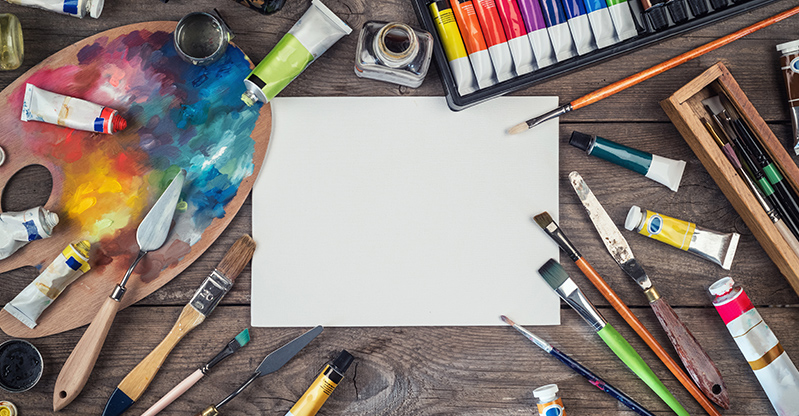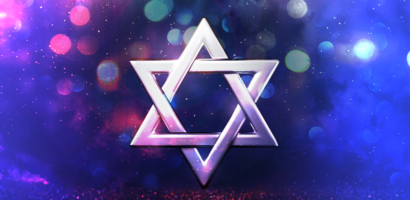This is a call for artists, for painters, for draftsmen. This is a call for creative people who imagine a colorful world, a world they can shape in an innovative way and paint using bright and amazing materials. This is a space to learn how to say each type of pen, pencil, and brush in Hebrew.
Who knows? Maybe after reading this article you will be inspired to visit Betzalel to study for a certain period of time. Israel is well-known for its scientific and computer studies, but here you will also find great universities for artists.
Do you know how to ask for a pencil in Israel? If you were about to give a class and use a whiteboard, how do you say marker in Hebrew? Well, in just a few paragraphs from now you’re going to learn a bunch of new words and you’ll be ready to get your kids – or yourself – that paintbrush, pen, or pencil you were looking for.
Are you ready to expand your Hebrew vocabulary? Because, ladies and gentlemen, we are ready to teach you!

Pens, pencils, markers, and paintbrushes: Hebrew for Artists and Teachers
The great painter Menashe Kadishman and the amazing teacher Rachel Elior needed different kinds of materials to do what they did best. On one hand, Kadishman preferred a paintbrush; and on the other, Rachel Elior worked better with both a fountain pen and a marker.
Which kind of pen do you use the most? If you happen to be in Israel when having the need of upgrading yours, do you know how to ask for it when visiting the closest Kravitz store?
Pen: Pen in Hebrew is עֵט, it is pronounced “ett”, and you can find it in many different colors and shapes. Here’s a fun fact: Some world leaders say that they always have a black and a red pen on top of their desk to help them craft their to-do list. How do you use your pen and what’s your favorite color for its ink?
Pencil: Here’s for the talented cartoonists of the world! Pencil in Hebrew is עִפָּרוֹן, it is pronounced ee-pah-ron and in the numerous classrooms of both Shenkar and Betzalel, you will find hundreds of them. Just in case you didn’t know, pencil sharpeners are called מחדד in Hebrew. We strongly recommend you get one when purchasing your new pencil.
Marker: Are there any teachers around? Anyone here using a whiteboard to teach something? Well, marker in Hebrew is called מַדְגֵּשׁ and it is pronounced mud-gesh. This is also the name used for some of the most popular colorful pens for children to draw. Make sure you explain what you’ll use it for when asking for it.

Highlighter: Please don’t hate us and do not get confused. Promise? Ok… Here we go! The highlighter you use to study is called מרקר in Hebrew. Yes, it is pronounced “marker” but it is not the marker you are used to but rather a simple highlighter.
Fountain Pen: This is a special one for our readers with style and class, for our poets, for our romantic readers who love writing a love letter once in a while. Fountain pen in Hebrew is עט נובע and it is pronounced ett noh-ve’ah. For those of you who remember, a few decades ago this used to be one of the most popular Bar Mitzvah gifts, disappointing many kids all over the world who expected something cooler or funnier.
Paintbrush: It is time for the artists to show up! It is time for those of you who have a Picasso hidden somewhere within to say you’re here. Paintbrush in Hebrew is מכחול, it is pronounced mik-chol, and it is available in hundreds of shapes and sizes. Are you ready to explore your talent? The time is now! Trust yourself…

Learning Hebrew has never been so simple and engaging!
At Rosen School of Hebrew, you’ll master this ancient and beautiful language in no time. You’ll learn Hebrew in an immersive manner. Our quality courses and supportive learning environment – led by amazing teachers – will help you to become fluent in Hebrew while having fun.
Meet classmates from around the world and get together to grow and learn. Hebrew is just around the corner. We are excited to welcome you into our classroom!
Subscribe to our newsletter
Learn Hebrew slang, take a virtual tour across Israel, discover the best local food and so much more







 Available on WhatsApp
Available on WhatsApp
Join the conversation (No comments yet)